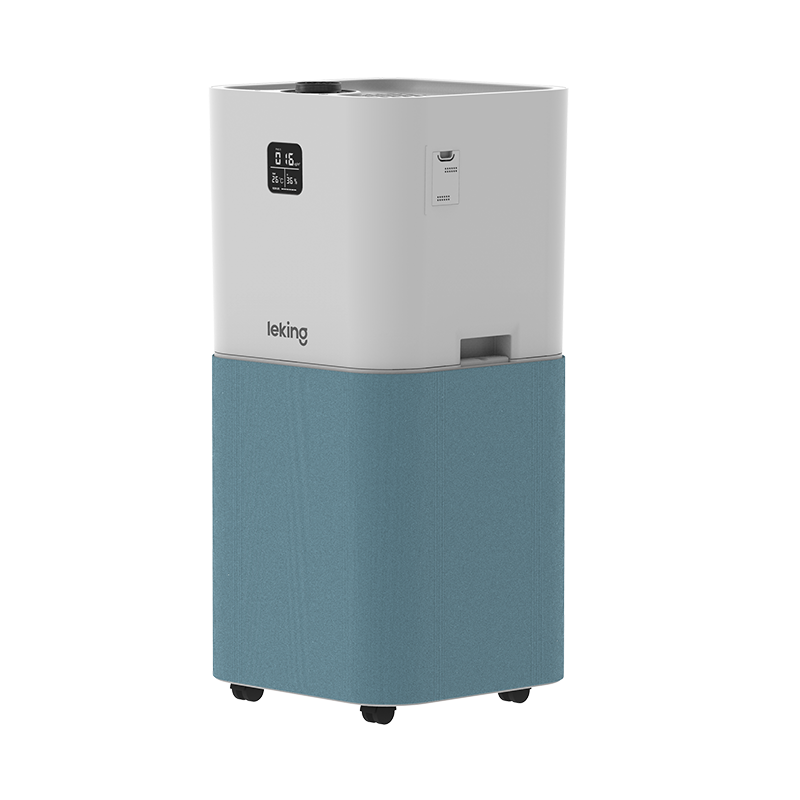Introducing the best portable air purifier for hospitals in 2024 - the ultimate solution to maintain clean and healthy air in healthcare settings. Equipped with advanced filtration systems, sterilization functions, and high airflow, this innovative device ensures optimal air quality for the well-being of patients and medical staff.
What do hospitals use to keep the air clean?
In hospitals, keeping the air clean is crucial. Clean air helps reduce the spread of pathogens and contaminants, maintaining the health and safety of patients and healthcare professionals. To achieve this, hospitals use various methods to maintain air quality, including the use of air purifiers.
Hospitals use air purifiers to filter particles, bacteria, viruses, and other harmful substances from the air. These purifiers typically feature high-efficiency filtration systems that capture and remove fine dust and pollutants from the air. Medical-grade air purifiers can also have additional functions, such as sterilization and disinfection, to ensure clean air.
So, what kind of air purifier is the best choice for hospitals? The best medical-grade air purifier should have the following characteristics:
High-efficiency filtration system: Air purifiers in hospitals should be equipped with high-efficiency filtration systems that can effectively capture tiny particles such as bacteria, viruses, and dust. HEPA (High-Efficiency Particulate Air) filters are the most common choice, capable of removing more than 99% of fine dust and pollutants in the air.
Sterilization and disinfection functions: Medical-grade air purifiers should also have sterilization and disinfection functions to ensure that airborne pathogens are effectively treated. UV lamps and ionizers are common technologies that can kill airborne bacteria and viruses.
High air flow: Hospitals need to handle large amounts of air, so the air flow rate of the air purifier should be large enough to adapt to the needs of the hospital environment. High air flow ensures that the air throughout the room is circulated and purified.
Noise control: The hospital is a place that requires a quiet environment, so the noise level of the air purifier should be as low as possible so as not to interfere with the work and rest of patients and medical staff.
Easy to move: Portable air purifiers are very useful for hospitals as they can be moved to different areas as needed. They should have a lightweight design and easy portability.
The best medical grade air purifier
Leking's P550 air purifier is deeply trusted by hospitals. Its ultraviolet sterilization effect is remarkable and can kill a variety of bacteria in the air. It can also produce a certain amount of anions. Further freshen the air and prevent the spread of viruses.
It also has multi-fold HEPA filter paper, which has a larger filtration area and can effectively reduce wind resistance and allow air to circulate quickly.
What do doctors think about air purifiers? Most doctors recognize the role of air purifiers and believe they can improve indoor air quality and reduce the effects of allergens and pollutants. However, it is important to note that air purifiers cannot completely replace other important hygiene measures, such as regular cleaning and disinfection. Doctors recommend that when using an air purifier, you still need to use other methods to ensure the hygiene of the indoor environment.
To sum up, the best portable air purifier for hospitals should have features such as high-efficiency filtration system, sterilization and disinfection capabilities, high air flow, noise control, and ease of movement. Doctors generally recognize the effectiveness of air purifiers, especially choosing a quality air purifier manu



